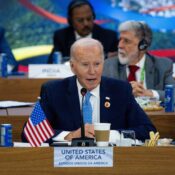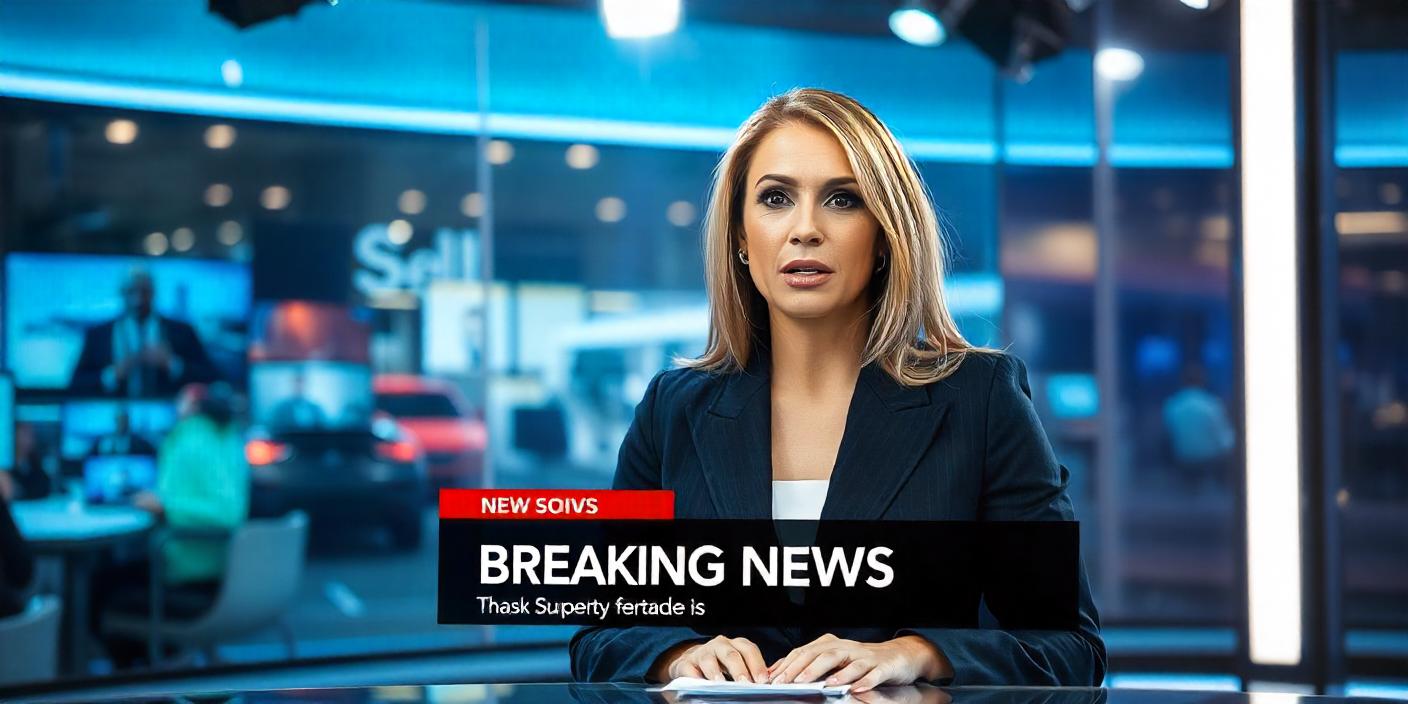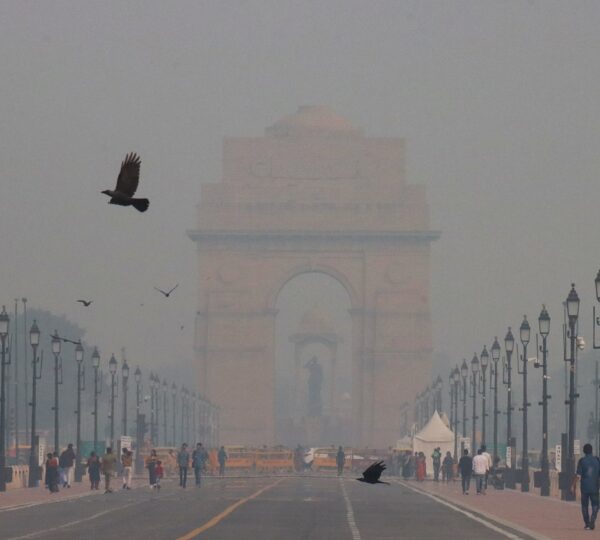Pakistan is keeping a very close watch on how Donald Trump’s cabinet is shaping up as Islamabad is getting increasingly jittery over the decisions being made so far.
President-elect Trump has already picked a sizeable team for his second term in office as President, and policy makers, think tanks, and most of all, the Pakistani military establishment is reportedly having sleepless nights over key nominations.
Islamabad finds itself on a sticky-wicket as Trump’s picks for Secretary of State, Secretary of Defence, National Security Adviser, and spy agency CIA chief all having very critical views of Pakistan while being much more considerate to New Delhi.
Not finding a place in Washington’s foreign policy, top government and military officials in Pakistan are reportedly in a huddle to re-strategise its approach towards the United States.
SECRETARY OF STATE MARCO RUBIO
Senator Marko Rubio, who has been nominated as the next US Secretary of State, had introduced a bill fully endorsing India’s views and concerns against Pakistan – a move that rang alarm bells in Pakistan Army headquarters in Rawalpindi.
Mr Rubio’s proposed bill had mentioned Pakistan’s direct involvement in sponsoring terrorism against India through various state-sponsored proxy groups, suggesting that Islamabad should not be given any US security assistance whatsoever.
Besides Pakistan, the bill, named ‘US-India Defense Cooperation Act’ and introduced in the Senate by Mr Rubio, also called for an extended defence cooperation with India to tackle China’s increasing influence in the region.
According to the bill, Washington is advised to treat India at par with top US allies, including Japan, Israel, South Korea and NATO, on technology transfers. It also suggested that New Delhi should be provided with full security assistance through collaboration in defence, technology, economic investments and civil space.
NATIONAL SECURITY ADVISER MIKE WALTZ
Another key figure in Donald Trump’s new administration is Mike Waltz – a staunch Pakistan critic, who has been nominated as the next US National Security Adviser.
Mr Waltz has been very critical of Pakistan in the past, telling Islamabad that “terrorism cannot be a tool of foreign policy. Be it the Lashkar-e-Taiba or other terrorist groups – it is simply unacceptable, and the Pakistani government, the Pakistani military and its intelligence service (ISI) have to move past that.”
He has called for significantly higher pressure on Islamabad to be held accountable for terror financing and for the country to completely eliminate cross-border terrorism. Mr Waltz’s views match that of New Delhi’s.
US NATIONAL INTELLIGENCE DIRECTOR TULSI GABBARD
Tulsi Gabbard, who is set to be the US Director of Intelligence, a top post in the Trump administration has fully backed India’s stand on cross-border terrorism from Pakistan. Ms Gabbard had extended her full support to New Delhi in its military escalation with Islamabad after the 2019 Pulwama terror attack.
She has also slammed Pakistan on multiple occasions for giving shelter to then Al Qaeda chief Osama Bin Laden, who was killed in a US Navy Seals operation in Abbottabad in Pakistan in 2011.
CIA CHIEF JOHN RATCLIFFE
The next CIA chief John Ratcliffe is also known for his hawkish view on China and Iran and someone who will keep a close watch on Islamabad’s actions too – both overt and covert.
As Donald Trump’s cabinet takes shape, analysts believe it is getting increasingly difficult for Islamabad to have the kind of relations it desires with Washington, and that Pak PM Shehbaz Sharif must walk the talk on action against terrorism and terror financing. It is also observed that Donald Trump’s cabinet picks are a message that Islamabad is not on his priority list and certainly nowhere near the importance given to New Delhi.






